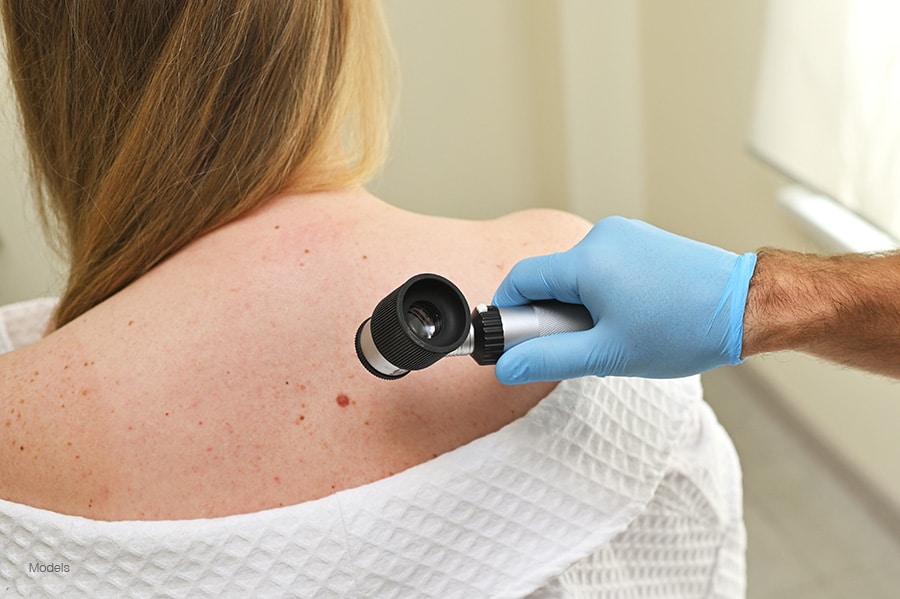December 31, 2024 | 4 minute read

Skin cancer is one of the most common forms of cancer, and people who spend a lot of time exposed to the sun are more susceptible to developing it. Treatment for all kinds of skin cancer is always best performed when it is caught at an early stage. This blog discusses skin cancer screenings, their role in detecting skin cancer, and how people in their 20s and 30s should start getting regular skin cancer screenings. Additionally, it is important to note that people with a higher risk of skin cancer may need to start getting skin cancer screenings sooner.
Taking Care of Your Skin
Like any other part of the body, skin needs to be cared for to be healthy and function at its best. Caring for your skin can involve following a regular routine of cleansing and moisturizing, but perhaps most importantly, it should include protecting it from the sun.
Many people underestimate how harmful overexposure to the sun’s rays can be. The sun’s UV (ultraviolet) rays can cause sun damage to the skin, such as sunburns and sun spots. Additionally, too much sun exposure can cause skin cancer to develop, such as melanoma, basal cell carcinoma, or squamous cell carcinoma.
One of the skin’s primary functions is to serve as a protective barrier for our internal structures. Yet it is essential to remember that the skin needs protection, too, especially from the sun.
What Is a Skin Cancer Screening?
One of the best ways to detect skin cancer quickly is to have regular skin cancer screenings. During a skin cancer screening, a skin specialist will visually examine your skin all over your body (from head to toe), closely checking all moles and identifying any abnormal growths. If the specialist finds an abnormal mole during the screening, they will take a skin sample of that area and have it tested to figure out if the growth is cancerous. Once the skin sample is tested, it can be determined if it is benign or if a skin cancer treatment plan needs to be created.
Skin cancer screenings are essential for effective cancer treatment. Many treatment methods are most effective when implemented early, making early detection a key part of the process.
When Should You Start Getting Regular Skin Cancer Screenings?
There isn’t necessarily one right age when everyone should start getting skin cancer screenings. The right time to start will vary depending on if you’re at high or average risk of developing skin cancer and if you have any skin growths you want to get professionally examined. For those who are at average risk, it is a good idea to start getting screenings in your 20s or 30s, to just get in the habit of having your skin examined and to make sure there aren’t any abnormalities you are unaware of. On the other hand, people who are at higher risk of developing skin cancer may need to start screenings earlier as a precaution.
Factors That Increase Your Skin Cancer Risk
Some factors that may increase your chance of skin cancer include:
- Having a lot of moles
- Having a family history of skin cancer
- Being regularly exposed to the sun (especially for work)
- Having naturally lighter skin
- Using tanning beds
Want to Know More About Skin Cancer Screenings in Scottsdale, AZ?
Keep your skin safe, healthy, and looking its best by getting a skin cancer screening. To learn more about skin cancer screenings or to schedule an appointment in one of three convenient locations, including Scottsdale, Maricopa, and Carefree, AZ, call us at (480) 596-1110 or complete our online contact form.

